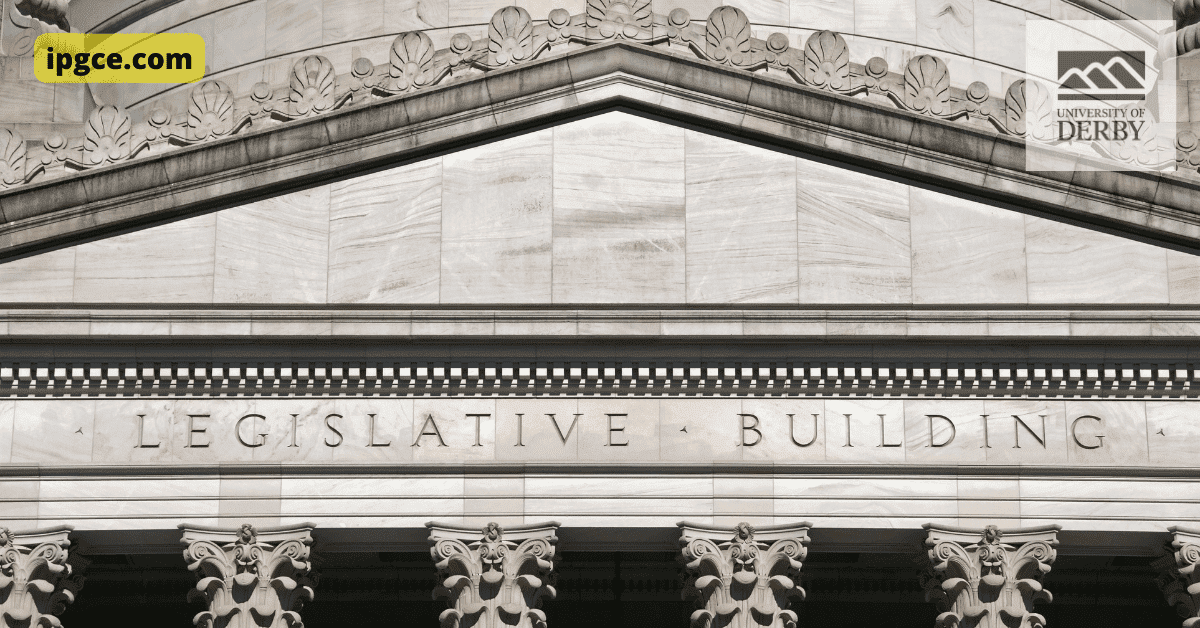According to the minister of state for universities, Michelle Donelan, a “chilling effect” on university campuses prevents students, staff, and academics from expressing “lawful views without fear of repercussion.” This provoked the adjudication of a new academic legislation.
In a letter to universities, Ms Donelan urged institutions to consider the implications of signing up for equality and diversity schemes that could hurt free speech.
Ms Donelan’s warning comes amid growing concern that an atmosphere of political correctness stifles open debate and discussion on university campuses across the UK.
In recent years, several high-profile cases have highlighted the difficulties faced by those who wish to express controversial or unpopular views on campus.
Free speech campaigner Peter Tatchell was reportedly told he was not welcome at an event at the University of Oxford because his views on transgender rights “ breached the safe space policy.”
In another incident, a student at the University of Sheffield was disciplined for joking about feminists during a discussion about equality.
Calvin Robinson, a British political advisor, commentator, educator, and columnist, said Ms Donelan’s letter was a “welcome development.”
“Free Speech is of the utmost importance. It’s good to see it celebrated and encouraged,” Mr Robinson told The Epoch Times in an email.
He added that while universities should be “places of learning and tolerance,” they should not be “echo chambers for one particular worldview.”
“If we are to progress as a society, it is vital that we encourage open discussion and debate on the full range of issues, even those which some people may find offensive or unpalatable,” he said.
In addition to her letter, Ms Donelan also wrote an article for the Telegraph newspaper in which she warned that “mandatory” training on unconscious bias could lead to a “chilling effect” on free speech.
She argued that universities should not be places where people are “silenced or censored” and called for a “robust defence of free speech.”
She also adds that the government will soon be introducing legislation that will requiree universities to protect free speech and stamp out illegal “silencing” on campus.
Several free speech campaigners and organisations have welcomed Ms Donelan’s comments.
Free Speech Union (FSU) general secretary Toby Young said Ms Donelan was “exactly right” to raise concerns about the chilling effect of diversity schemes on university campuses.
“There’s no point having a law against silencing if universities are signing up to schemes which have the same effect,” Mr Young told The Epoch Times in an email.
He added that the FSU would write to all UK vice-chancellors to urge them to “rethink their commitment” to these schemes.
The National Union of Students (NUS) has also come out supporting Ms Donelan’s comments, with a spokesperson telling the Telegraph that the organisation is “fully committed to free speech.”
“We believe universities should be places where a diversity of opinions can be expressed and debated freely,” the spokesperson said.
However, some have criticised Ms Donelan’s remarks, arguing that they are an attack on efforts to promote equality and diversity on campus.
Dr Rosa Freedman, professor of law conflict and global development at the University of Reading, told the Telegraph that Ms Donelan’s comments were “alarming and dangerous.”
“For a minister responsible for higher education to use her platform to attack equality and diversity initiatives is alarming and dangerous,” she said.
Dr Freedman added that universities must foster “inclusive environments” and that training on unconscious bias can play an important role.
Universities UK, the body representing vice-chancellors, also defended diversity schemes, saying they are “not incompatible” with free speech.
A spokesperson for the organisation said: “Higher education institutions are committed to maintaining an environment in which free speech can flourish and in which differing opinions can be heard and debated.”
However, the spokesperson added that universities must “ensure that their campuses are welcoming and inclusive environments for all students and staff.”
Free speech campaigns have gained momentum in the UK in recent years, with several high-profile incidents involving university students and staff.
In 2018, psychologist Jordan Peterson was invited to speak at the University of Cambridge but was met with protests from some students who said his presence on campus would be “threatening.”
The government is considering plans to introduce a new law that would make it a criminal offence to interfere with free speech on university campuses.
If introduced, the Free Speech (Civil Society Institutions) Bill would make it an offence to silence or censor lawful speech on campus, with perpetrators facing up to six months in jail.
To keep updated with international and national UK news, follow us on IPGCE.
Meet Our Successful Graduates: Learn how our courses have propelled graduates into rewarding
careers. Explore their success stories here!
Discover More About Your Future: Interested in advancing your teaching career? Explore our
IPGCE, MA, and QTS courses today!

Explore Our Courses: Ready to take the next
step in your education journey? View our
comprehensive course offerings now!


